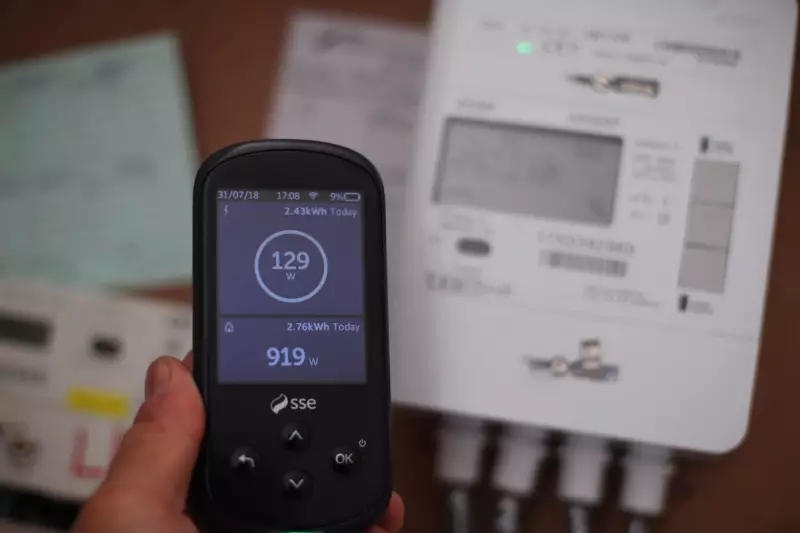
In a welcome relief for households across England, Scotland, and Wales, the UK's energy regulator, Ofgem, has announced a significant reduction in its price cap for the third quarter of the year.
The cap, which dictates the maximum amount suppliers can charge per unit of energy, will fall by 7% from the current quarter. This means the average annual dual-fuel bill for a typical household will drop by £122, from £1,690 to £1,568 starting July 1st.
What This Means for Your Wallet
This latest adjustment reflects a continued stabilisation in the global wholesale energy markets. While the cap sets a maximum rate, it is not a fixed price. Your actual bill will still depend entirely on how much gas and electricity you consume.
Ofgem CEO Jonathan Brearley cautioned that energy prices remain volatile. "The market remains unpredictable," he stated, "and households should expect prices to fluctuate in the months ahead." This change does not equate to a return to the pre-energy crisis lows consumers enjoyed several years ago.
A Temporary Respite, Not a Solution
Industry analysts are viewing this price drop as a brief respite rather than a long-term solution to high energy costs. While the reduction will ease the burden on many, bills are still substantially higher than they were before the geopolitical events that triggered the global energy crisis.
Campaign groups have been quick to respond, arguing that the underlying system remains broken. They continue to call for more radical, long-term reforms to the energy market to ensure affordable bills for all consumers, regardless of market shifts.
Customers are reminded that they are not locked into a standard variable tariff and can shop around for a fixed deal, though currently, few offers are likely to undercut the new price cap level.




